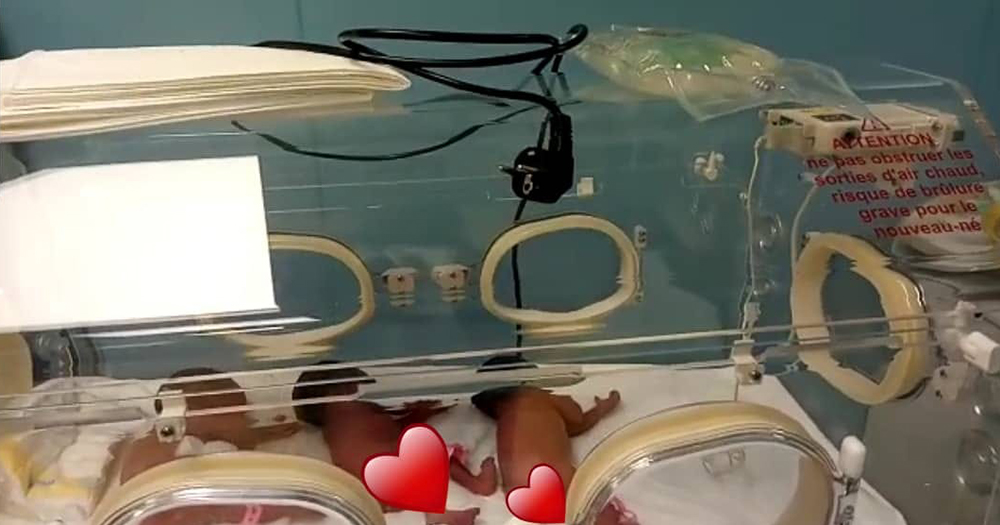Follow us on Telegram for the latest updates: https://t.me/mothershipsg
A Malian woman has given birth to nonuplets consisting of five girls and four boys, the BBC and Reuters reported.
25-year-old Halima Cisse delivered all of her children on May 4 in Morocco, via caesarean section, after she was flown in for specialist care by Mali’s government on March 30.
Ultrasounds in both countries had originally detected seven babies within her womb.Both Mali's health minister, Fanta Siby, and Cisse's husband, Adjudant Kader Arby, were quoted as saying that the children and Cisse herself are since "doing well".
Husband is not worried for family's future
Arby, who is still in Mali with their older daughter, also said that he was unworried for the future of the family, The Guardian further reported.
In adding that he has been in constant contact with Cisse in Morocco, he said:
"God gave us these children. He is the one to decide what will happen to them. I'm not worried about that. When the almighty does something, he knows why."
The man also said he had been overwhelmed by the support for the family, which included a call from the country's President.
"Everybody called me! Everybody called! The Malian authorities called expressing their joy. I thank them… Even the president called me."
Setting a new Guiness World Record
The birth of Cisse's children means that she breaks the Guiness World Record for most children delivered at a single birth to survive, the BBC highlighted.
It had previously been held by a U.S. woman named Nadya Suleman, who had given birth to eight babies conceived through in-vitro fertilisation in 2009.
All of the octuplets have grown up and are currently 12 years old.
There have also been two previous recorded instances of nonuplets — one in Australia in 1971, and another in Malaysia in 1999.
However, in both cases, none of the babies survived for more than a few days.
Top photo via Malian Ministry of Health and Social Affairs
If you like what you read, follow us on Facebook, Instagram, Twitter and Telegram to get the latest updates.
